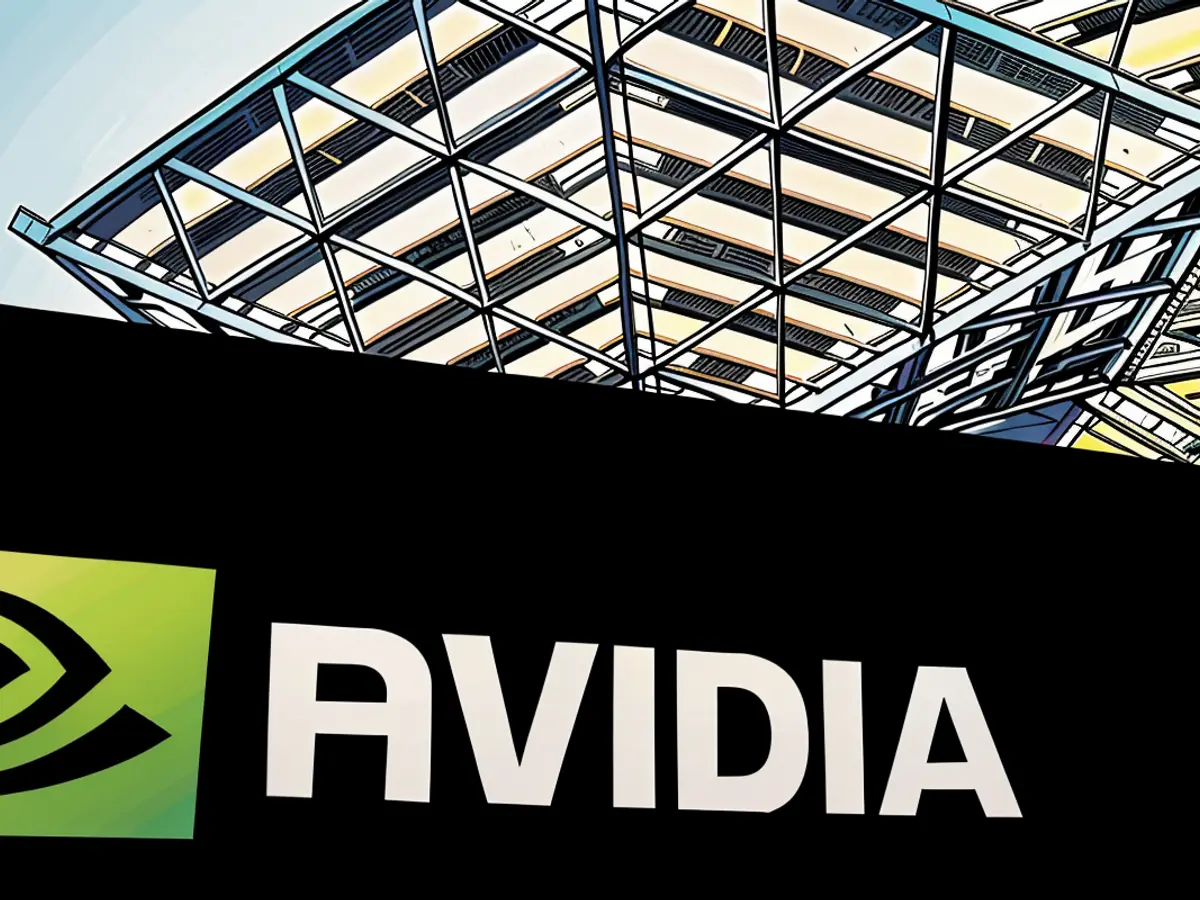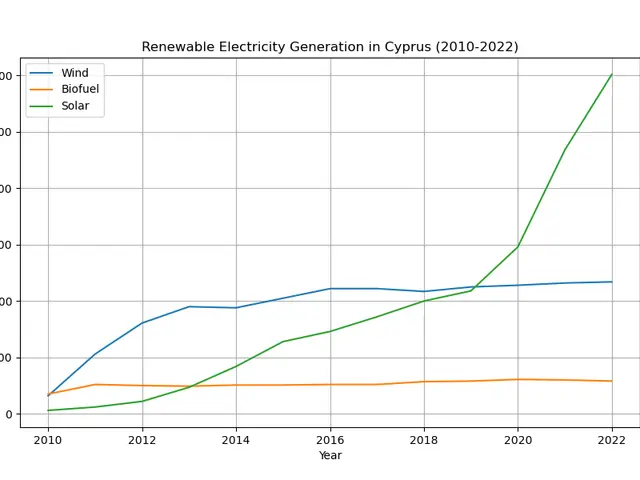Nvidia, despite its impressive strides in AI, hasn't quite managed to impress Wall Street with its business outlook. Some questions lingered regarding adjustments in the production process of the upcoming chip system, Blackwell, leaving investors to sell off the stock by about 7% during U.S. after-hours trading.
Originated as a go-to supplier for gamers' graphics cards, Nvidia quickly emerged as a key player in AI's game-changing revolution. With its advanced chips now essential for AI applications, the tech giant boasts a staggering market value of around $3 trillion. Since the start of the year, Nvidia's stock price has skyrocketed by approximately 150%, making many of its employees overnight millionaires thanks to their stock options.
Recent anticipation for Nvidia's quarterly report was akin to the hype surrounding major sports events. But despite surpassing predictions in previous quarters, this time, the quarterly report was a little less surprising, with revenue still climbing, reaching over $30 billion – a 122% increase compared to the previous year.
Nvidia's CEO, Jensen Huang, confirmed adjustments made to the mask for the manufacturing process of Blackwell, assuring investors that these did not impact the chips' functionality. With the current design flaws and production issues with the new Blackwell chip series, however, analysts speculate that there might be delays compared to the initial plans.
Despite these concerns, Nvidia reassures the stock market of its stability, claiming that demand for its current chip generation, Hopper, remains powerful. In the data center business, AI content creation contributed over 40% of its $26.3 billion in revenue in the last quarter.
Innovative new AI models, like ChatGPT, may require more energy as they take the spotlight. Huang predicts that one day, all content retrieved from databases will be freshly produced by AI, necessitating significant computing resources.
Although investors didn't quite get the fireworks they expected from Nvidia's quarterly report, the steady revenue growth exceeding analyst predictions shows that this AI titan isn't slowing down yet.
Enrichment Data:
- Nvidia's high P/E ratio suggests that its stock may be overvalued, raising concerns about its long-term growth potential.
- Intense competition from AMD and Intel poses a challenge to Nvidia's dominance in the AI chip market.
- Uncertainty from suppliers regarding the timing of Blackwell GB200 systems impacts investor confidence.
- Nvidia's strong client relationships and technological advancements position it well in the evolving AI landscape.
- Concerns about adjusted gross margins shrinking due to design flaws and production issues with the new Blackwell chip series persist, but strong demand from cloud providers and enterprises help soften the blow.







